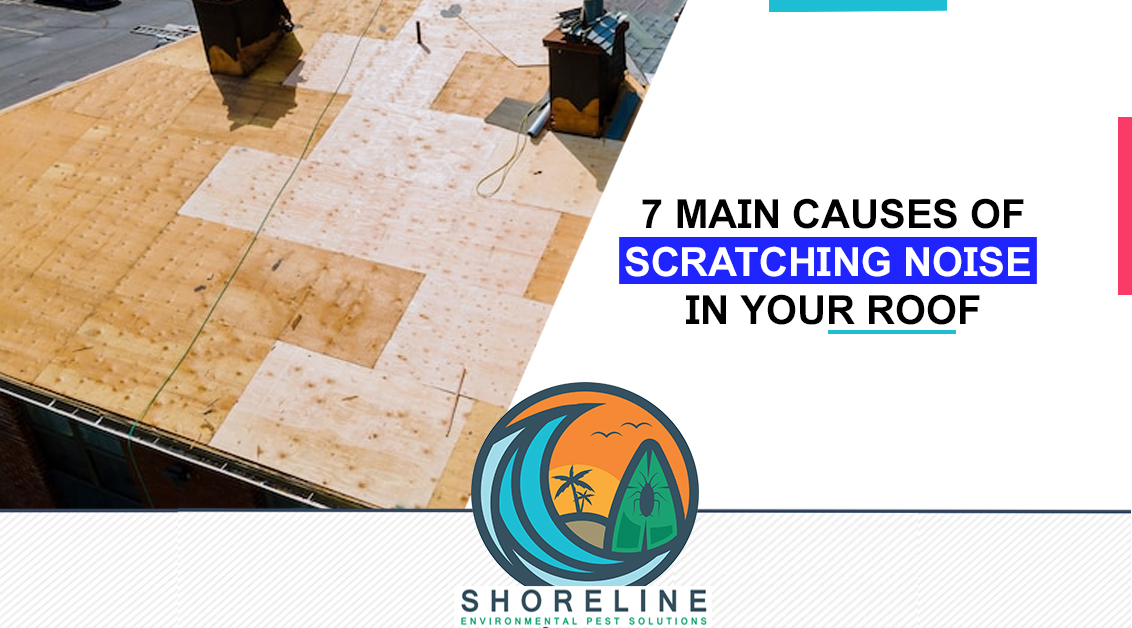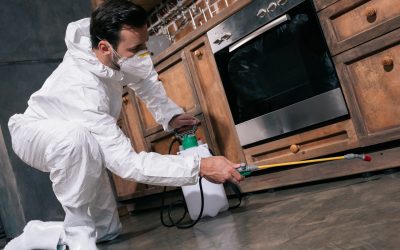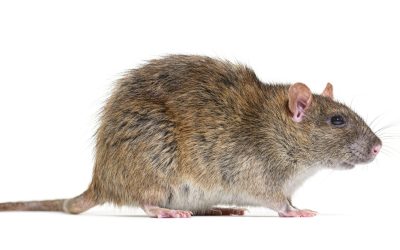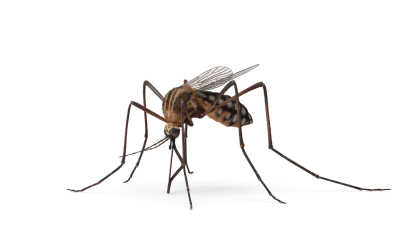Do you hear a scratching noise coming from your roof? If so, you aren’t alone. Many homeowners and renters are seeing this issue more and more, and it’s becoming a major problem. While there isn’t necessarily anything wrong with the roof, the scratching noise may result from some common pest problems.
Usually, the noise is caused by animals or insects trying to get into your home. If you can hear the scratching noise, likely, that the animals or insects are already inside your home. In this article, we’ll discuss the seven main reasons why you might be hearing a scratching noise on your roof and how you can fix them.
Birds on roof
Birds are known to create scratching or pecking noises on your roof. Scratching is familiar noise birds make when nesting or rubbing their feathers. Birds love to perch on high vantage points, so if there are objects or trees nearby that the birds can use for shelter, they’ll gravitate towards those areas. It can be disruptive, so taking action and removing the birds is vital. Some common strategies that current-day homeowners use to get rid of birds are
- Bird netting
- Spikes
- Ultrasonic repellents
People also try trimming vegetation around their homes, hanging feeders in strategic areas (to ensure food isn’t a temptation), and installing aluminum flashing around doors and windows to prevent birds from entering.
These methods, however, are not always successful. A better strategy may be to contact a professional to help remove the birds and stop the scratching noise in your home.
Water leak
A few types of water leaks can cause scratching or gnawing noises in a roof: broken pipes, faulty flashing, bad seams in shingles, etc. If you’re hearing these sounds and can’t find their source, it’s likely because of one (or more) of these water leaks. You’ll need to identify where the sound is coming from and fix the issue before rats or birds can get back up there.
If there’s ever been a time when rats have had easy access to moisture and food, it would be during periods of heavy rainfall. Water seeps through cracks in the foundation or leaks from broken pipes, leading to an abundance of food and shelter for rats. Ensure you inspect all areas around your home that could provide a place for rats to live – look for leaking roofs, sagging walls, and any other places where water might accumulate.
If you’ve tried all of the above and the rats are still on the roof, your only option may be to get professional help.
Possums
A possum up in a roof can cause extensive damage to shingles and tiles and create scratching and gnawing noises. Possums are excellent climbers, and once they get up into a roof they’re tough to dislodge. Unless you have experience trapping or removing possums from roofs, it’s best to call in an expert. Scratching sounds from possums may be more frequent at night or during colder weather.
There are several ways to deter possums from your roof: fence them in, install a predator guard, and use noisemakers or repellents. If all of these measures fail and you still have a possum on your roof, you may need professional help.
Squirrels
Squirrels are another common culprit of roof scratching. They like to chew on wires and other materials, leading to extensive damage over time. Squirrels also gnaw on insulation and the shingles, creating those pesky scratch marks. If you see squirrel activity around your home or hear them chewing or clawing on something outside, take action before it gets too severe – trapping or removing the squirrel may be necessary.
There are a few ways to deter squirrels from your roof: erect barriers, install wire mesh and guard rails, or use noisemakers or repellents. If all of these measures fail and you still have a squirrel on your roof, you may need professional help.
Roof rats
If you’ve never had a rat on your roof before, odds are it’s because there’s a colony of them living somewhere else in the building. Roof rats can enter through any opening – even cracks in windows or doors – and climb onto roofs to access food and shelter. Roof rats like to live in high-rise buildings, so if you live in an area with a high rat population, you’re likely to hear them scratching and gnawing on the roof.
Rat activity on roofs usually increases during cold weather, when they’re looking for places to nest and raise their young. Unless you have experience trapping or removing rats from roofs, it may be best to call in an expert. Scratch sounds from rats may be more frequent at night or during colder weather.
You can do a few things to prevent rat damage and humanely get them off your roof. The best way to kill roof rats is by trapping them in a live trap, eliminating the need for chemicals or poisons. Rats are notorious for climbing to the roof of buildings in search of food, so the best way to stop them is by ensuring they have no access to food or shelter on your roof.
If you’ve tried all of the above and the rats are still on the roof, your only option may be to get the help of an exterminator.
Poorly sealed joints in your roof
If you notice that the noise of scratching and gnawing is coming from specific areas in your roof, it may be due to poorly sealed joints. Rat urine and feces are very acidic, which can eat away at the epoxy insulation around wires or joists. If this damage is not fixed, pests like roof rats or possums will have an easier time gaining access to your attic and stealing your belongings.
Roof Penetration
Another common cause of scratching and gnawing noise in ceilings is when pests like roof rats or possums get into your attic. Roof penetration can occur if there is a hole in the roofline, lost shingles, or water gets behind the insulation and starts leaking through the roof deck. With so many potential entry points, it’s vital to seal any gaps around pipes, wires, and vents with caulk or silicone.
What to Do When You Hear Scratching in Your Ceiling?
You may hear scratching and gnawing sounds from the ceiling. The first step should be identifying the cause, whether it’s a water leak or pests like roof rats or possums. If you can locate the cause of the noise, take some simple steps to stop it. First and foremost, ensure that all the openings in your ceiling are secured. Water leaks can cause the insulation to deteriorate and create an opening for pests like roof rats or possums. Additionally, you may want to seal any cracks or gaps around electrical boxes with caulk or silicone.
If trapping pests is not an option, you can use a deterrent such as bait stations. If nothing seems to be working or you cannot identify the cause of the noise, it is best to seek professional help.
From the above reasons, it is clear that there are multiple issues behind hearing scratching noises on your roof. It could be rodents or any property structural problems. And as a homeowner, you must be alert and quick when these symptoms appear. Therefore, before getting worried or rushing out to solve the issue yourself, it’s wise you consult an expert.
Hiring an experienced home advisor will help prevent unnecessary expenses and time-consuming repairs while keeping your family safe and secure.





0 Comments